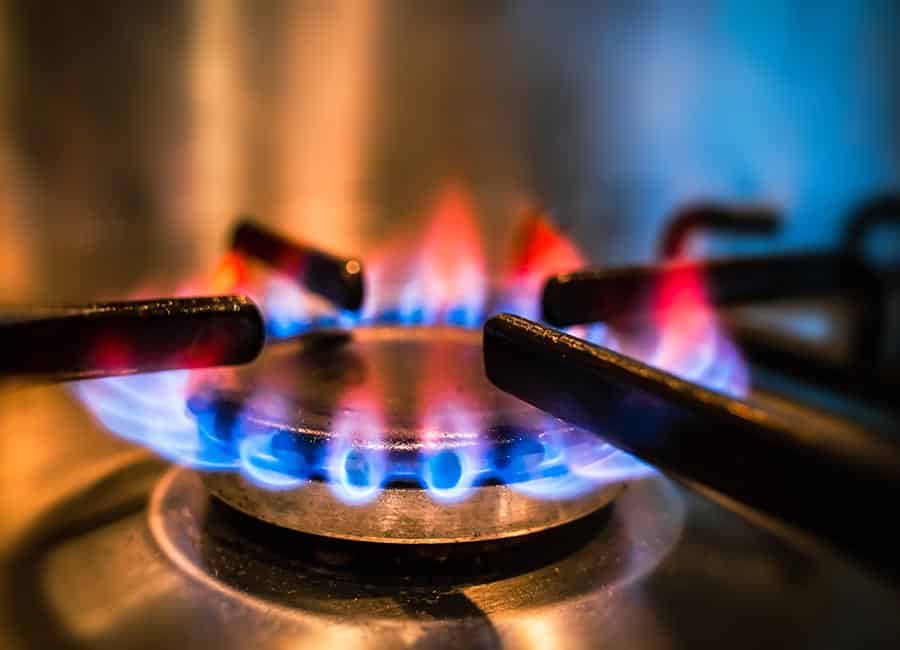Ireland is the "worst-prepared country in Europe" for an energy crisis, and the possibility of rolling blackouts this winter would be "catastrophic", an energy expert has warned.
The country may even be forced to curb electricity usage to prevent power cuts in the winter months as temporary emergency generators may not be up and running in time, it was reported yesterday.
The Commission for Regulation of Utilities is now looking at ways to force large energy consumers such as data centres to use their own power supply instead of relying on the national grid. Yesterday, the CRU said "margins will remain tight" as emergency generators were not built in time for winter.
Speaking yesterday, energy expert Don Moore said: "We’ve put ourselves in this position, the worst-prepared country in Europe, and that is saying something."
The former head of ESB International and chair of the Irish Academy of Engineering Energy and Climate Action Committee, added: "I would hope, fingers crossed, that we might scrape through the winter but the consequences of rolling blackouts in our system, even if only a small chance, would be catastrophic."
Mr Moore said his committee has been trying to warn people for years about just how vulnerable Ireland’s energy security is in the event of a crisis – especially when it comes to gas.
"We have no gas storage in Ireland. The Kinsale gas field is now depleted. The Government had the option a number of years back to actually use it as a gas store.
"They could have pumped gas into that during the summer months when demand is low and had a secure backstop in the event of a crisis.
"Germany is busily filling its gas storage at the moment. They have 100 days’ gas storage. Austria has nearly a year’s gas storage. We, at the very end of the gas grid, chose to take the risk and have none.
"The other issue is that we are the only country in Europe with a coastline that doesn’t have a liquid natural gas import facility. It would have provided us with an alternative to the pipelines through the UK. The Government chose not to have LNG."
Natural gas provides over 50% of the electricity in Ireland, according to statistics from EirGrid. The war in Ukraine has put gas supply under strain, leading the EU to ask member states to reduce gas consumption by 15%. Ireland has been given an exemption.
The CRU (Commission for Regulation of Utilities) is considering setting extremely high tariffs on larger energy consumers and data centres during peak times or when the system is in an alert state, the report in the Business Post revealed yesterday.

The regulator is hoping this will incentivise bigger energy users to reduce their reliance on the grid at peak times or use their own on-site emergency energy supply.
The CRU had been working to ensure that Ireland will have enough energy supply through winter but it has identified a gap between power demand and supply. The report also said the CRU is working on a "system stress" tariff for when the grid goes into high alert.
There was a large number of amber alerts last year, when the gap between power supply and demand became worryingly tight. The system stress tariff would also charge larger energy users very high rates during high alerts.
There has not been confirmation of how high these tariffs might go. Speakinon Sunday, energy expert Gerry Duggan said data centres have "enormous" capacity for energy generation and if this were used "there would be no risk of a power cut".
He said: "There is an enormous amount of generation in data centres. You are talking about an amount that’s comparable with Moneypoint power station," he said.
"At a minimum, they should be meeting all of their own demand but most of them have diesel generating capacity is actually twice their demand.
"The issue is not that there isn’t enough generation capacity. We need to utilise what is there. Data centres have been very reluctant to use their own generators," he said.
In September last year, the CRU published a security of supply note that said there will be an "increased need" for power generation between winter 2022/2023 and winter 2025/2026.
The note said EirGrid has identified a potential capacity shortfall, if no action is taken, of 260MW for 2022/2023, rising to 1050MW in 2023/24 and 1850MW in 2024/25. At the time, the CRU proposed measures to manage power demand.
The regulator said 300MW temporary emergency generation capacity for winter 2022/2023 would remain available until replacement capacity was secured. However, temporary power generators have not yet been put in place and won’t be until mid-2023 at the earliest.








